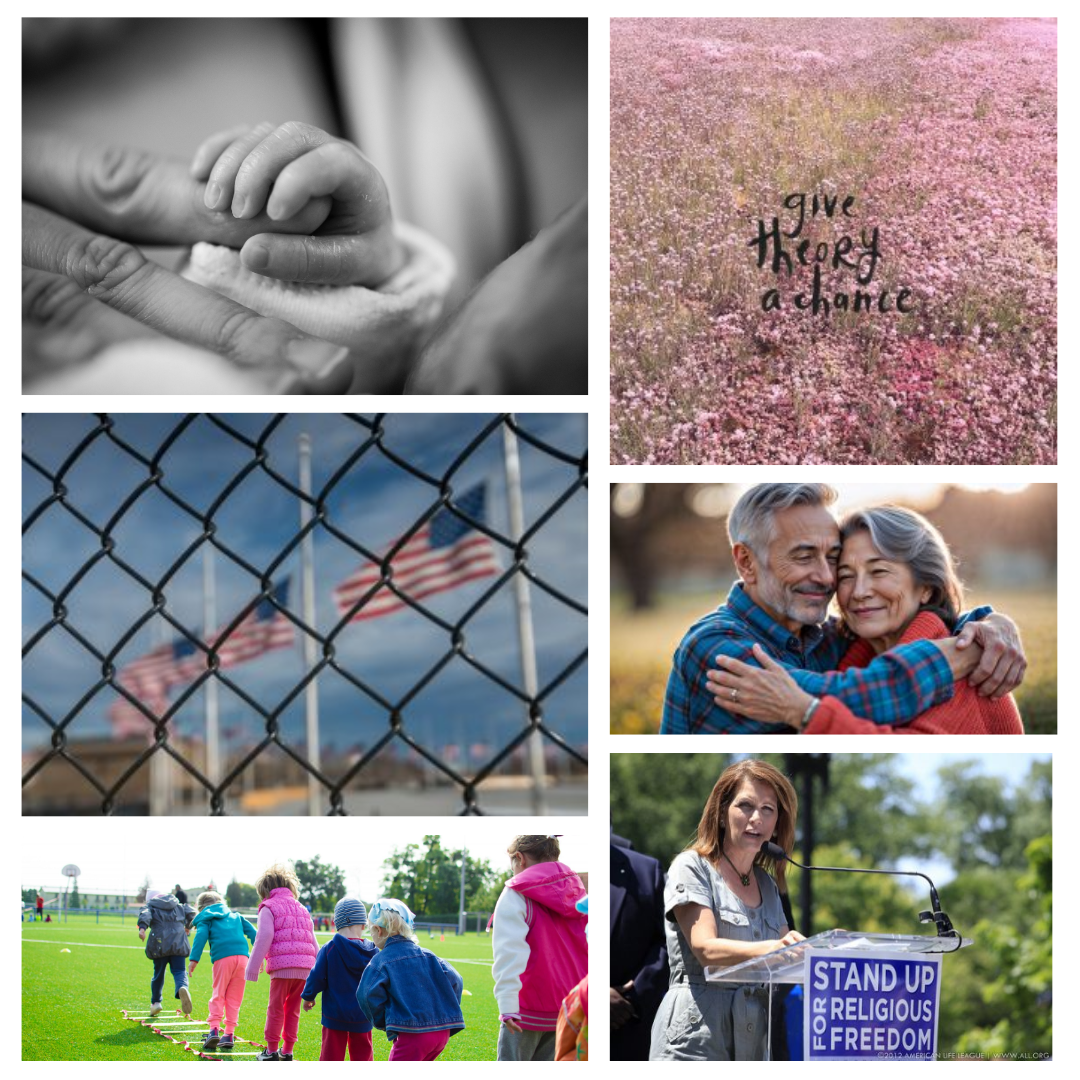
Minnesota House Speaker Melissa Hortman at the One Minnesota Budget Bill signing. Photo by Minnesota Senate DFL, cropped, CC BY 2.0 via Wikimedia Commons.
We’re staggered in Minnesota (TSP’s home) after the political violence of the weekend. As Chris Uggen shared on social media,
An awful, devastating loss. Melissa Hortman was a wise and thoughtful leader and exemplary public servant in so many ways. She carried the weight of political and social responsibility with grace, humility, and good humor — and it appears to have cost her her life. Rep. Hortman was MN House Speaker (2019-Jan 2025) and a graduate of Boston U, the U of Minnesota law school, and the Harvard Kennedy School. I became a big fan after she shared some thoughts on improving university relations with the state and the public. I could tell she was the smartest person in the room (present company included), but she spent more time listening than lecturing. I will remember her as an intelligent, congenial, and self-sacrificing public servant who did all she could to make things better. My condolences to her friends and family, and to the many publics she served.
What he didn’t mention was his own shock and visceral reaction to her assassination. At TSP, we pride ourselves on providing social science evidence and context that will help readers make sense of the social world, but this was a gut punch. As with George Floyd’s murder, we’ve found it tough to summon any “analytic distance” when killing comes to our doorstep. At our editorial meeting on Monday, we discussed sharing pieces that might provide perspective as per our usual practice. These included political violence, inflammatory rhetoric, Christian nationalism, assassinations, and domestic terrorism as well as threats to democracy, public service, and good government. However, based on what we know now, we decided that none of these felt like “the right fit” and that any such sharing would risk dramatically oversimplifying or even exploiting the harm and damage to our community. Which sociological “box” do we place this in? And, implicitly, which actors and institutions do we blame?
We’ll have more to say about this case and relevant scholarship as more information comes to light. For now we mourn – for the victims, for the communities, and for the torn social fabric that connects us all.









